
Holding On Tightly, Letting Go Quickly: Embracing Life’s Changes with Resilience
Life is a series of punctuated changes. Some are small, barely noticeable adjustments—like changing a daily routine—while others are seismic shifts that can leave us reeling, challenging our sense of identity and stability. Aging, relationships, health, and loss are inevitable chapters in our lives, and they all demand an inner strength that allows us to both endure and adapt.
Psychological resilience, the ability to recover from or adjust to adversity, is a quality that research shows is not merely a trait we’re born with, but a skill that can be cultivated and strengthened. By blending scientific understanding with spiritual practices, we can learn to navigate life’s changes more gracefully and find a balance between holding on to what’s important and letting go when the time is right.

Using Zen to Slow Down in a Fast-Moving World
In a world that often feels like it’s moving too fast—where stress, anxiety, and distractions seem constant—many people are seeking ways to find calm and balance. One approach that has gained attention is the philosophy of Zen Buddhism, which offers tools to cultivate inner peace and clarity. But you don’t need to be a practicing Buddhist to benefit from its teachings. The principles of Zen can support your mental well-being, regardless of your religious or secular beliefs, and its core tenets are often mirrored in many other spiritual traditions.
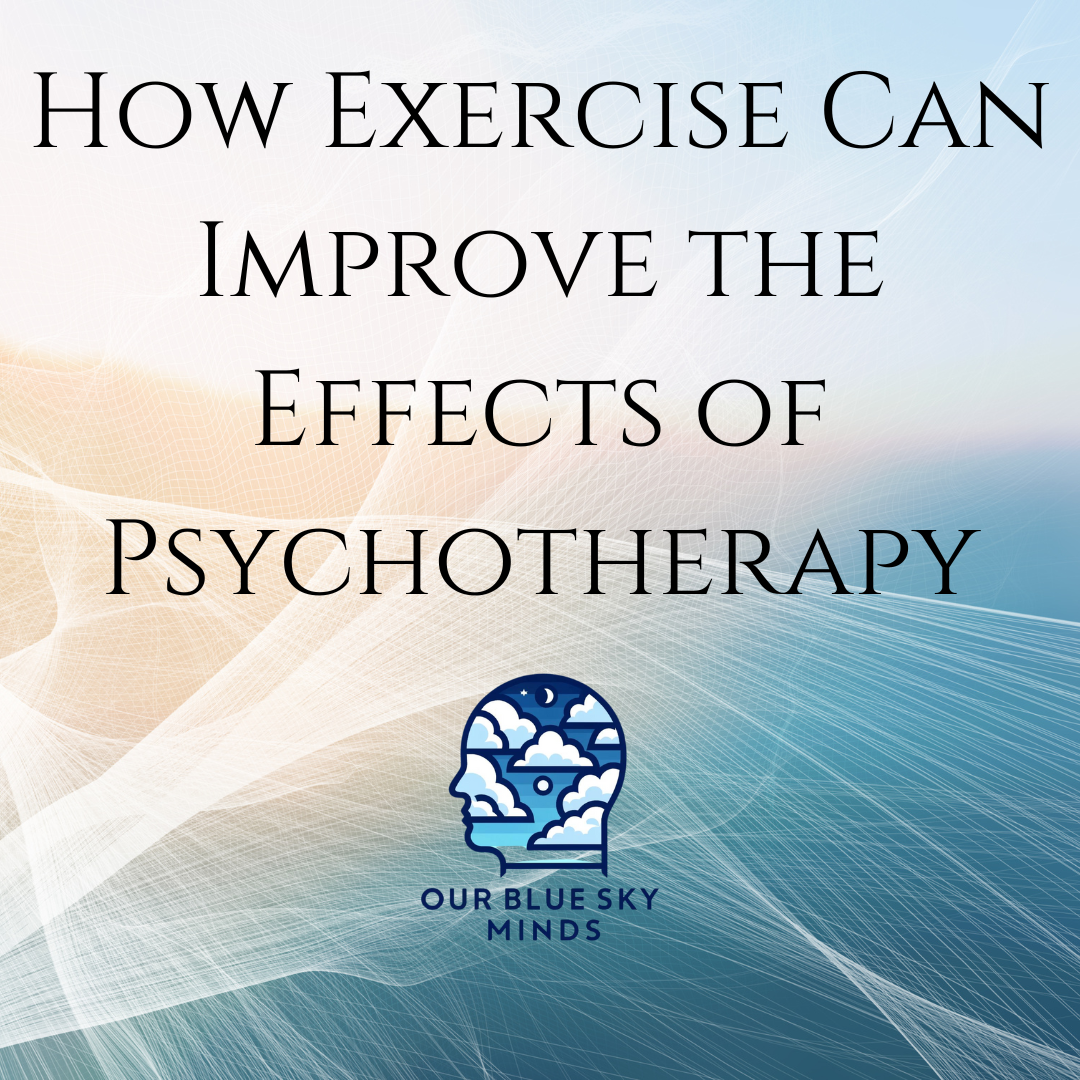
How Exercise Can Improve the Effects of Psychotherapy
When it comes to mental health, two powerful tools often come to mind: exercise and psychotherapy. Both have been proven to support emotional well-being in significant ways. Exercise boosts your mood and strengthens your brain, while psychotherapy helps you understand and process your thoughts and emotions. But what happens when you combine the two? Research shows that the effects of psychotherapy can actually be enhanced when paired with regular physical activity, creating a dynamic duo for better mental health outcomes.

Exercise To Support Mental Health by Boosting Brain Health
When we think about exercise, we often picture the physical benefits: stronger muscles, a leaner body, or improved endurance. But what if I told you that exercise isn’t just about looking good? It’s a key factor in feeling good, too. Exercise is one of the most effective ways to support your mental health, and the science behind it goes deep into how it impacts your brain.
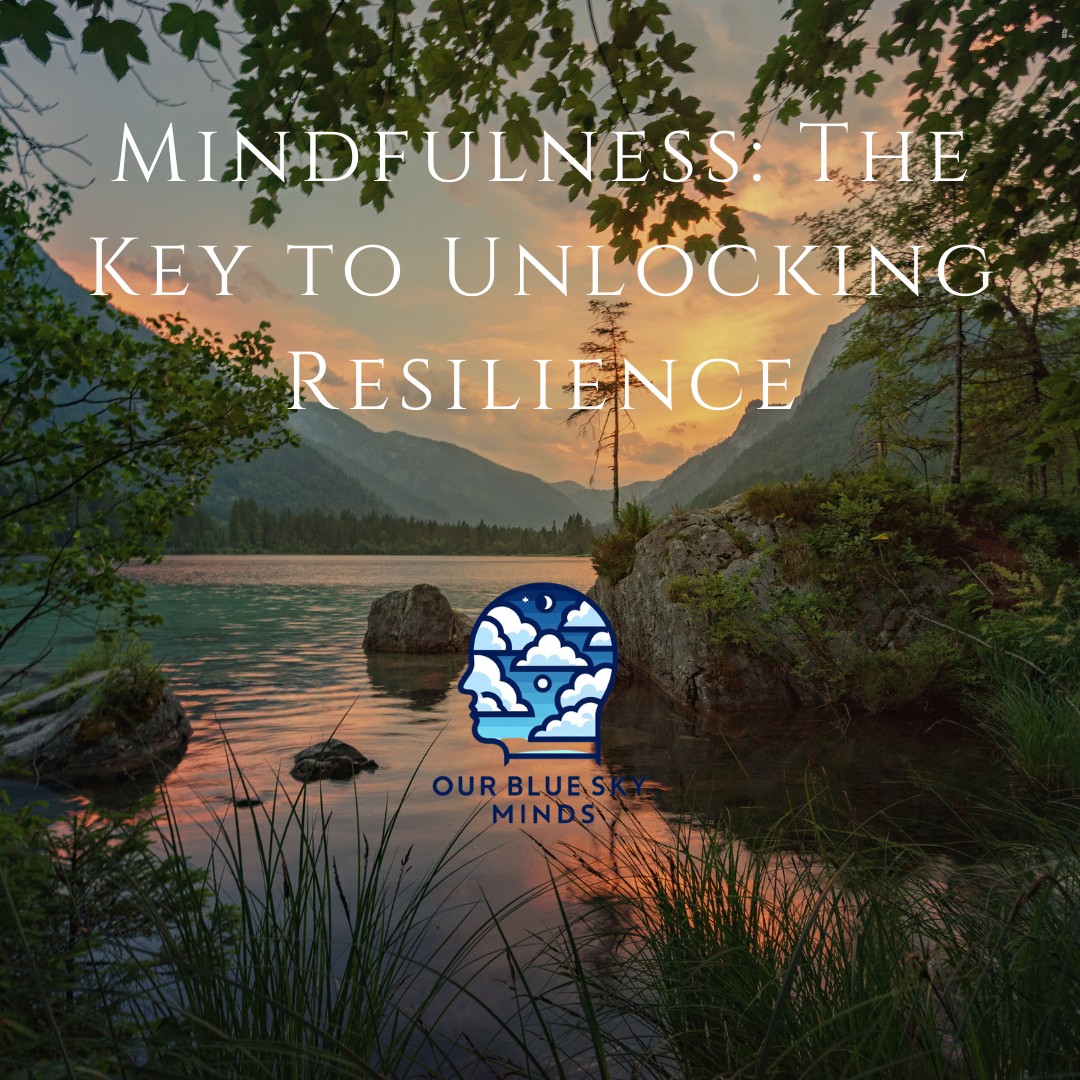
Mindfulness: The Key to Unlocking Resilience
In the whirlwind of modern life, resilience is our mental armour, and mindfulness is like one of the many blacksmiths that can help us forge it. Imagine if every stressor you faced was a little less daunting, a little less overwhelming. Intrigued? Let’s dive into the science behind mindfulness and its incredible impact on resilience.

The Many Faces of Depression
We, humans, are complex creatures thanks to the head-spinning complexities of our neuronal organization. Each of our brains has woven together 100 billion densely packed neurons, each of those neurons making upwards of 10,000 synaptic connections with other neurons… bringing the total of synaptic connections to approximately 1000 trillion connections. That’s a lot of 1’s and 0’s.
It’s no wonder humans are so capable of producing incredible feats of engineering and art. It’s also no wonder that, despite working nearly perfectly the majority of the time, things can go awry. For every step forward our neurology affords us, it also opens us up to psychological difficulties.

The Path Forward
It’s no surprise that many corners of our world are feeling unsettled. Although I don’t think that necessarily sets this generation apart from previous ones, I can’t help but feel the need to highlight some unique differences like rising rates of “deaths of despair”, reflect on the state of things, and share some words of hope and encouragement.

Dosing Stress for Resilience
Stress has been a hot-button topic in many circles lately, generating controversy and confusion surrounding its role and importance. It isn't easy to know whether it's to be avoided or sought out. As far as I can tell, the short answer is "both", and the short but slightly longer answer is "when it comes to stress, the dose really does make the poison".

Seasonal Affective Disorder (+ Protocol)
For others, this time of year may not be so cozy and inviting; for some, the changing of the seasons invites a sense of dread and anticipatory feelings of “here we go again.” Our expectation that the loss of long sunny days surely means even longer days and nights struggling with feelings of malaise, loss of pleasure and motivation, and a desire to both curl up in a ball and run away.
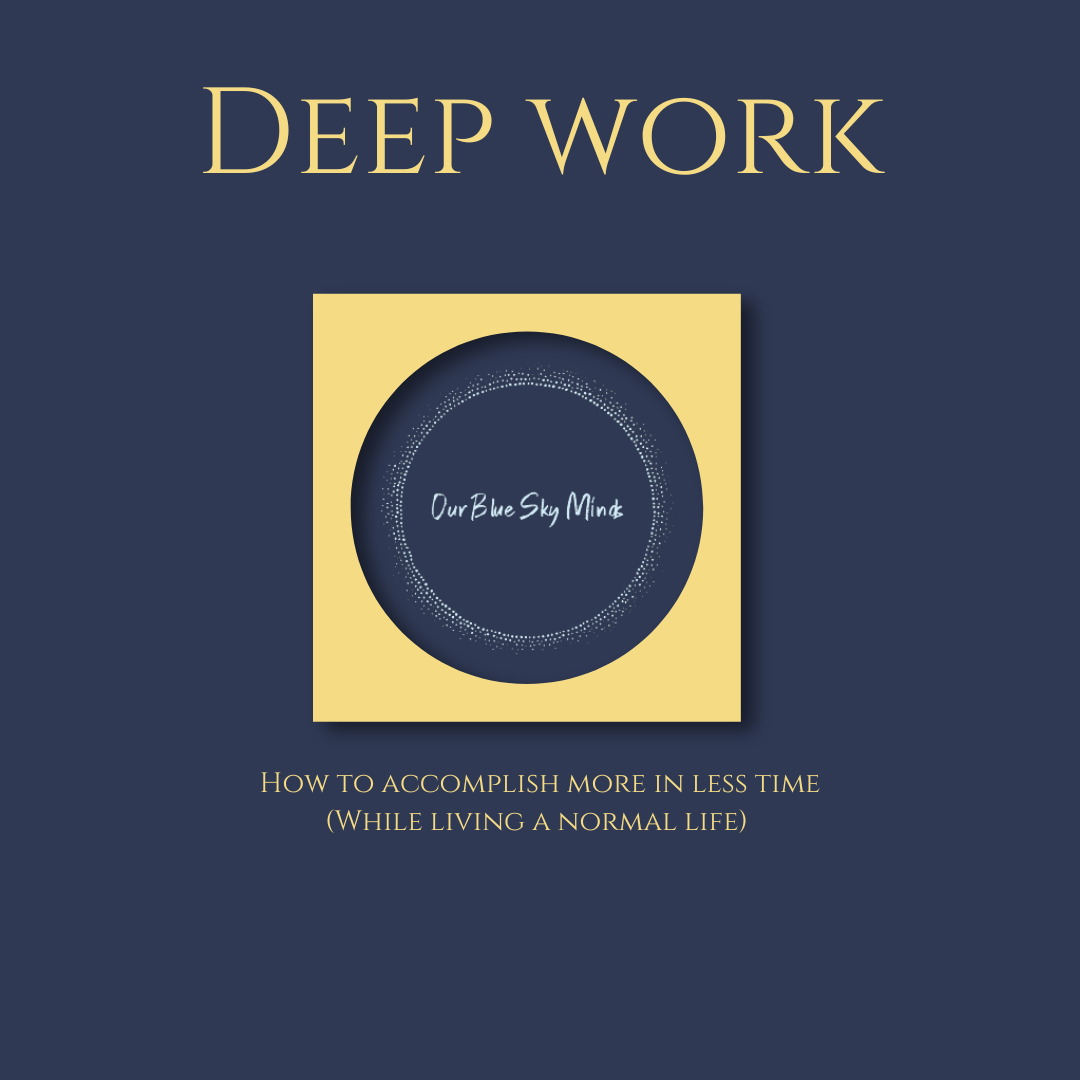
Deep Work and the Mystery of Losing Time
Imagine one of those classic Hollywood movie montage moments where our main character is deeply engaged with the task of the movie; they’re tying strings around thumbtacks on a corkboard covered in sticky notes and images, or they’re flipping through hundreds of textbooks while feverishly taking notes. We all know those scenes, and I’ll assume that most of us have always wanted one of those moments for ourselves. If you’re one of those people who have yearned for a Limitless moment, there might be something here for you.
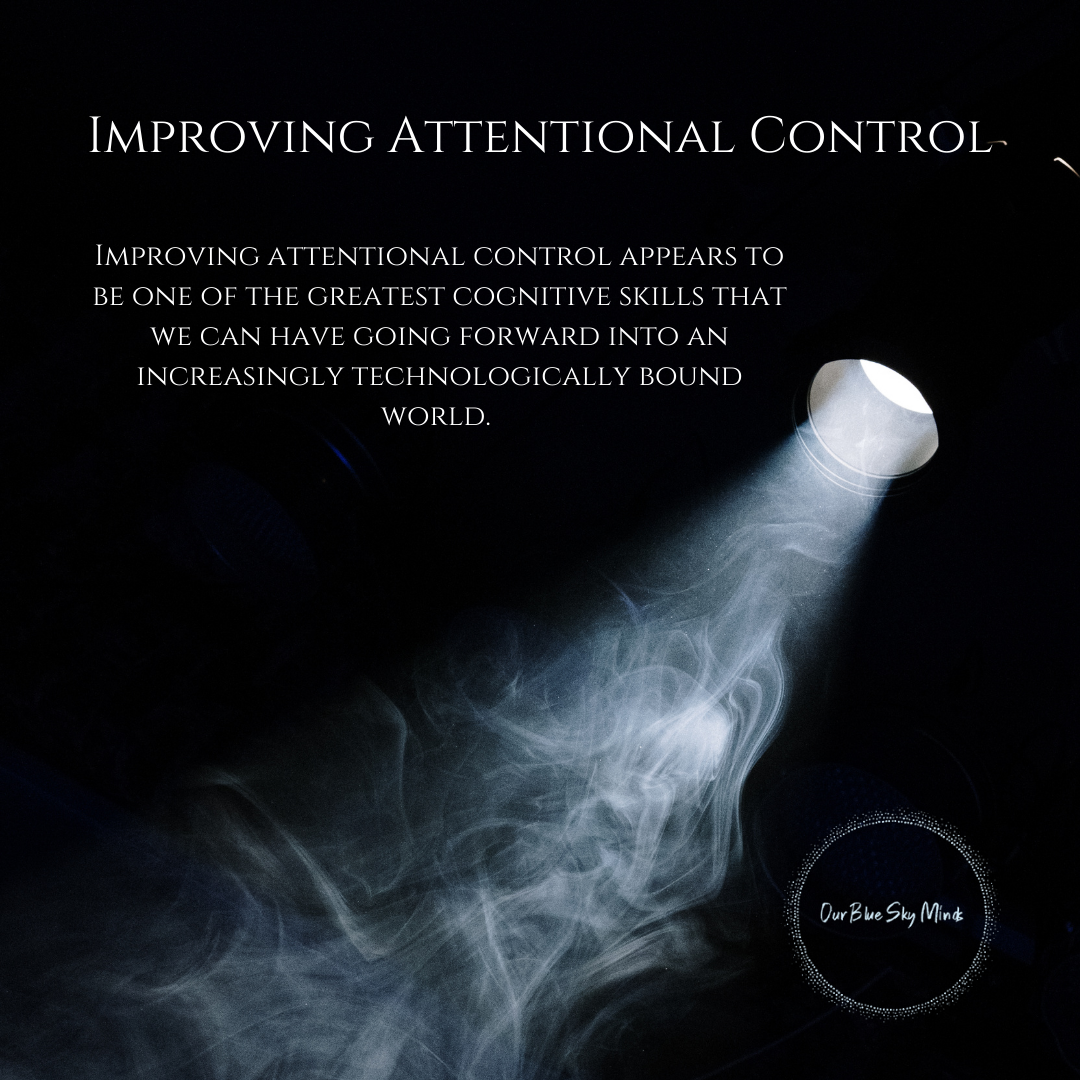
Improving Attentional Control
Improving attentional control appears to be one of the greatest cognitive skills that we can have going forward into an increasingly technologically bound world.

2022: Goals and Reflections
2022. We made it. Just barely, but we made it.
Although the level of uncertainty surrounding this next year parallels that of last year, I have much higher hopes this time around. I believe this year and the ones to follow will be themed with immense improvements in resilience, both on a collective and individualist scale born out of the cliché “what doesn’t kill you makes you stronger”.
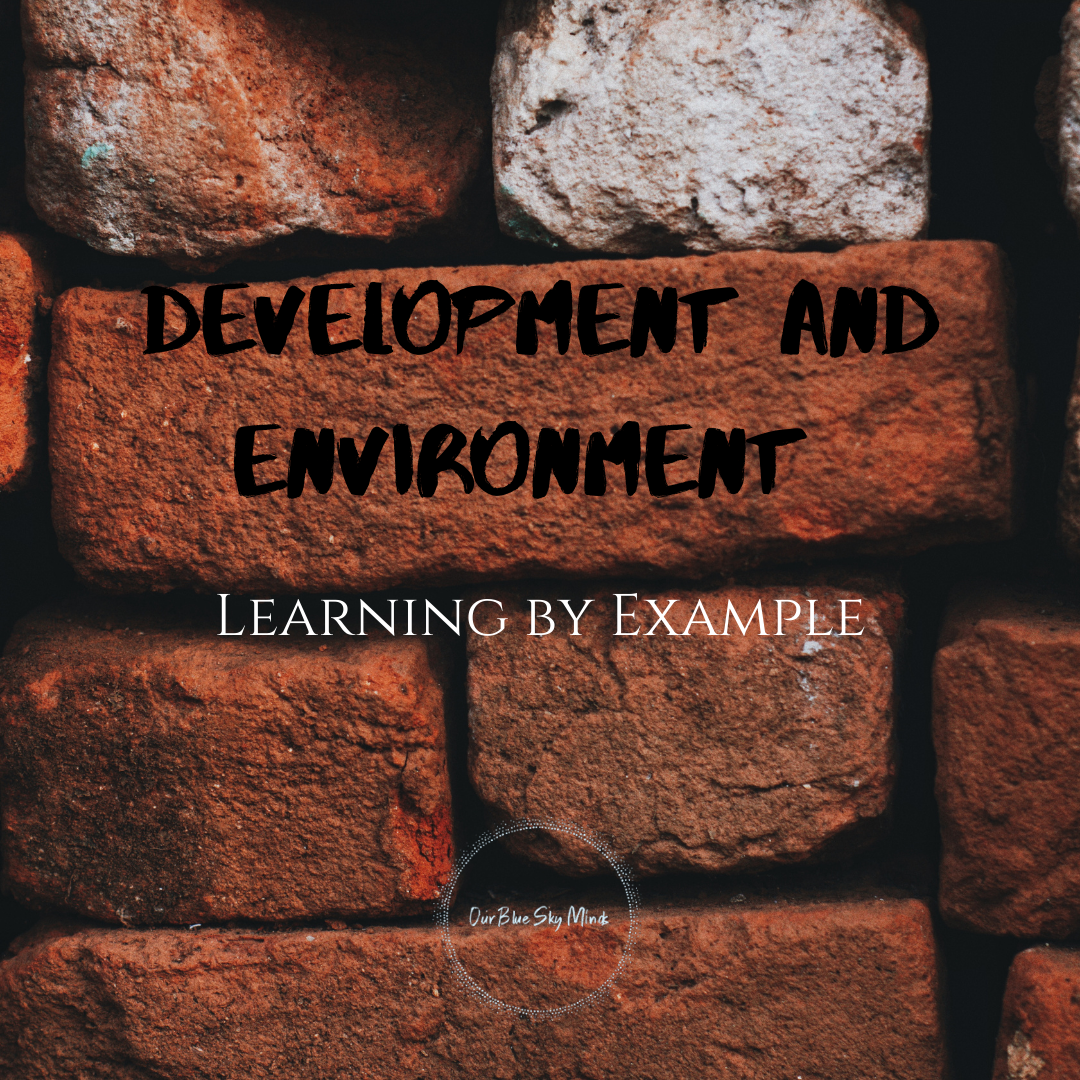
Development and Environment: Learning by Example
Our early life environment leaves an imprint on us, making it likely that we reproduce that reality in our adolescence and adulthood
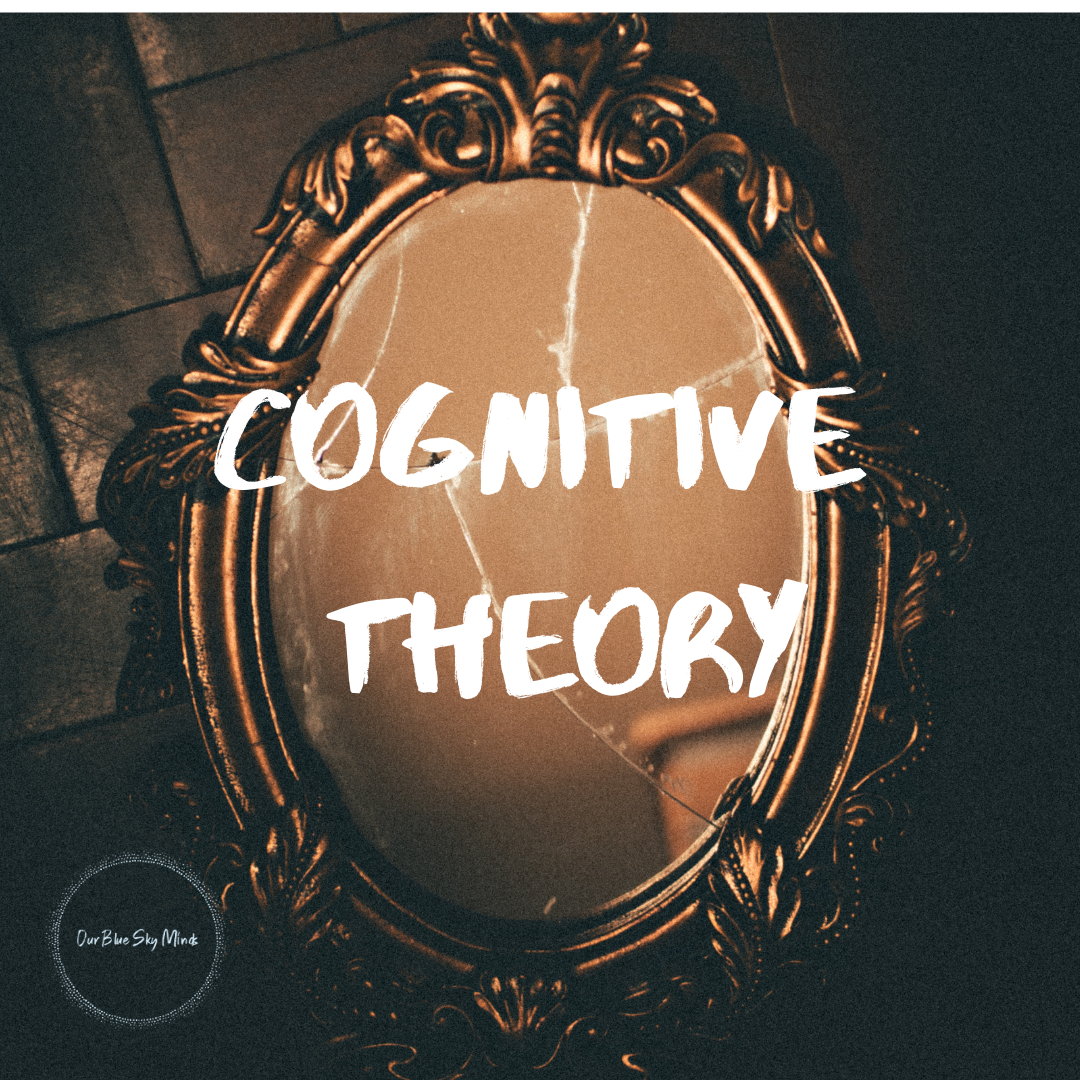
Beck’s Cognitive Theory
The cognitive theory, developed by Aaron T. Beck, has been revolutionary for the psychotherapeutic treatment of depression (Beck 2019). The cognitive theory posits that psychopathology results from normal components of cognitive processing that have become distorted, extreme, and dysfunctional (Beck, 1967). Many symptoms of depression revolve around negative perceptions of oneself, the world, and the future. These are seen to result from cognitive distortions leading to dysfunctional cognitive reactions (Beck, 1967).

The Machinery of the Body
How could one benefit from conceptualizing the physical body as a machine?

Sober October 2021
Sober October is right around the corner and I felt inclined to put out a small piece with some of my specific intentions that I will be approaching this upcoming month with. I hope some of you join me in this; some of us desperately need a little factory reset in the dopamine department.

The Resilient Spirit
What is a spirit, and what makes it resilient? Ask yourself before diving further in here; given your current understanding of what a spirit is, what does resilience look like from that perspective? And what benefits can be gleaned from having a resilient spirit?

The Resilient Body
What makes a body resilient, or what characteristics does an otherwise “resilient” body possess? Is it the ability to lift hundreds of pounds? How about the ability to go days without food? Or the ability to be more or less unperturbed whether it’s in a 120 C sauna or a bathtub filled with 1 C water?
The first answer that comes to mind is: It depends.

The Resilient Mind
Like a sort of psychological structure that can be felt on an experiential level, the resilient mind leaves its evidence of existence in how one lives their life, both internally and externally. The footprints of a resilient mind can be seen in the spaces between stimulus and reaction, left by a conscious decision to control and forego the expression of one’s immediate inclination.

The Resilient Brain
At first glance, a brain looks like a rather non-resilient organ. Its jelly-like consistency sloshes about in a thin veneer of thin protective sheets, suspended in a fluid, all encapsulated within a boney container lined with sharp protrusions and uneven ridges for it to bump into. Given it’s squishy nature, you certainly wouldn’t be the first to think “nothing about this organ seems resilient in the slightest”.
But like many other things in life, all it takes is a little bit of interest and understanding to suspend judgements and change your mind (or brain).